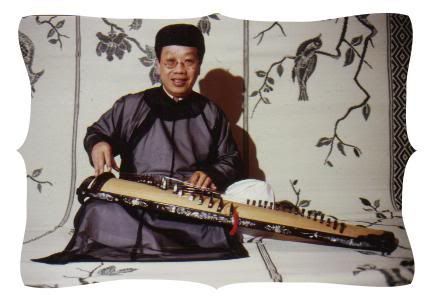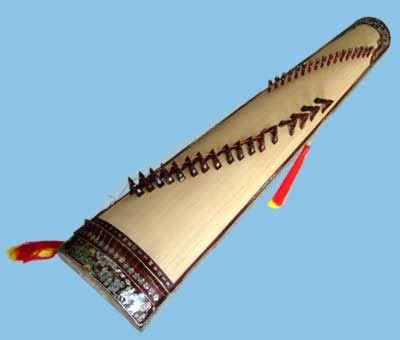Made in Taiwan - Dronecast 25
Following our first podcast dedicated to the Quebecan freakwave, here comes a second made for and hosted by The Drone, enterely based on taiwanese vinyl and tape material freshly collected in Taipei: expect mandarin disco pop, children songs, easy listening, marimba orchestras or library stock music for bars and night clubs, with a certain amount of cover songs involving western or japanese melodies.
Vintage culture in general being not so offshore in the country, I'd like to especially thank for their adresses, tips and recommendations Yujun Ye, Kishino Yuichi, as well as Sataka Ritsuko and Hideki Yachi.
Detailed tracklist to follow hopefully soon,depending on our translator friend celerity, but we can already briefly mention the presence of the Pi li bu dai shi puppet show's opening theme from the 80's, J.S.Bach adaptation for marimbas by taiwan native orchestrator Wen Loong-Hsing, plus singers Wan Sha-Lang and Yao Su Rong, whose haunted voice for a sensuous beat closes the chapter.









